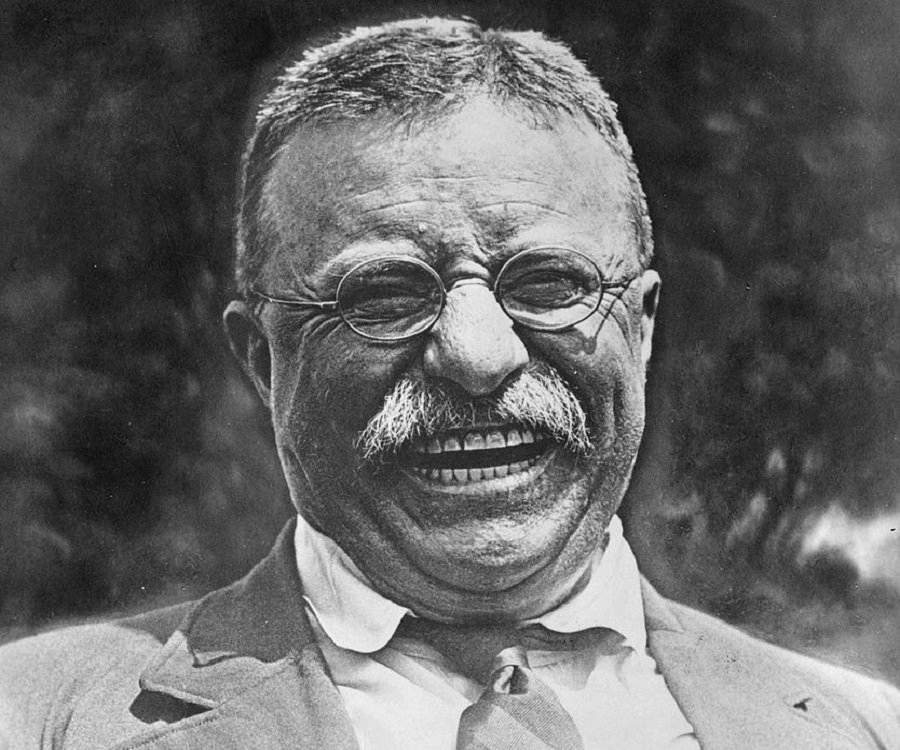
Roosevelt, after winning headlines in the war, ran as Vice President under McKinley and rose to the presidency after McKinley’s assassination by the anarchist Leon Czolgosz in 1901. Images like the poster praised Roosevelt and the battle as Americans celebrated this “splendid little war.” “William H. Teddy Roosevelt, a politician turned soldier, gained fame (and perhaps infamy) after he and his “Rough Riders” took San Juan Hill. For instance, he advocated for the annexation of Hawaii for several reasons: it was within the American sphere of influence, it would deny Japanese expansion and limit potential threats to the West Coast, it had an excellent port for battleships at Pearl Harbor, and it would act as a fueling station on the way to pivotal markets in Asia.

Roosevelt wanted to expand American influence. During his tenure he oversaw the construction of new battleships, the implementation of new technology, and laid the groundwork for new shipyards, all with the goal of projecting America’s power across the oceans. The head of the department, John Long, had a competent but lackadaisical managerial style that allowed Roosevelt a great deal of freedom that Roosevelt used to network with such luminaries as military theorists Alfred Thayer Mahan and naval officer George Dewey and politicians such as Henry Cabot Lodge and William Howard Taft. In return for Roosevelt’s support of the Republican nominee, William McKinley, in the 1896 presidential election, McKinley appointed Roosevelt as Assistant Secretary of the Navy. foreign policy, would have long-term consequences. Roosevelt’s emphasis on developing the American navy, and on Latin America as a key strategic area of U.S.

Though the Spanish-American War had begun under the administration of William McKinley, Roosevelt, the hero of San Juan Hill, Assistant Secretary of the Navy, Vice-President, and President, was arguably the most visible and influential proponent of American imperialism at the turn of the century.

Under the leadership of President Theodore Roosevelt, the United States emerged from the nineteenth century with ambitious designs on global power through military might, territorial expansion, and economic influence.


 0 kommentar(er)
0 kommentar(er)
